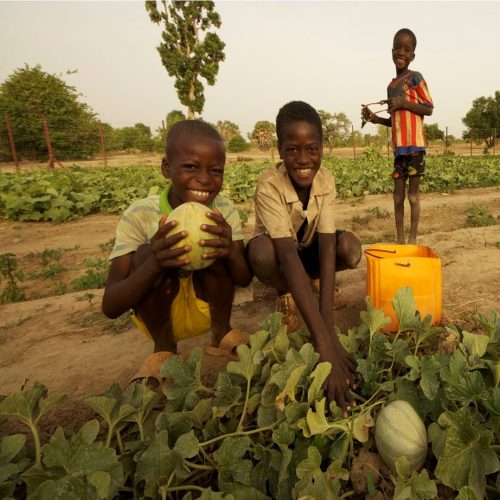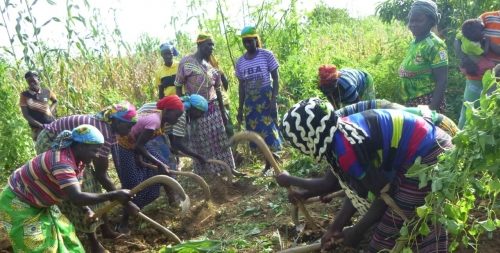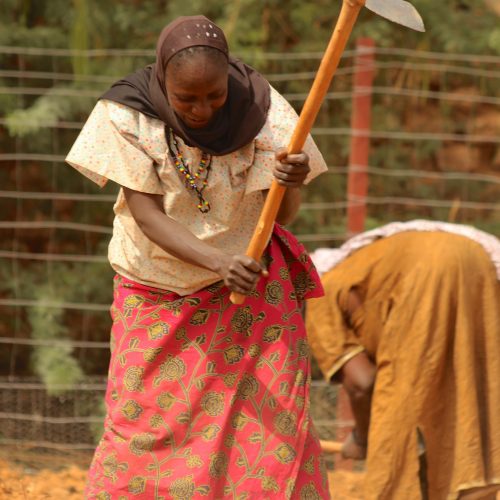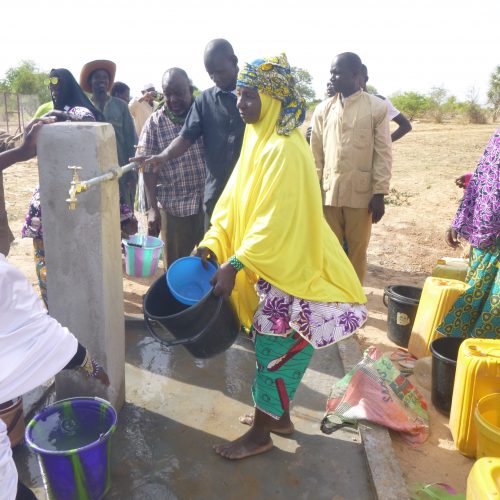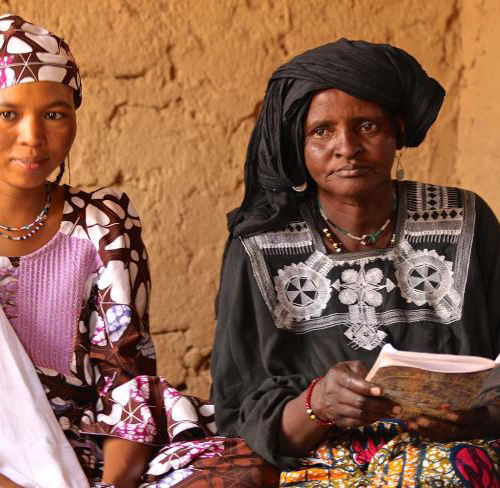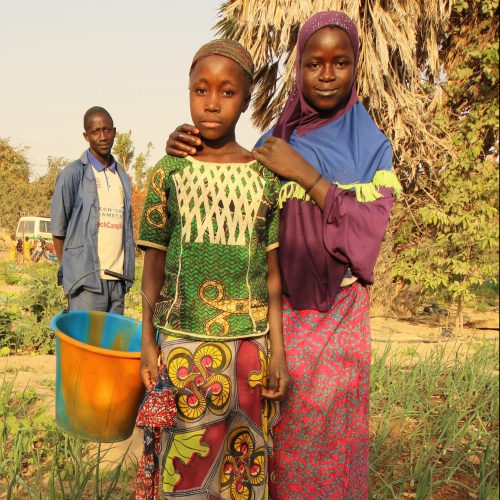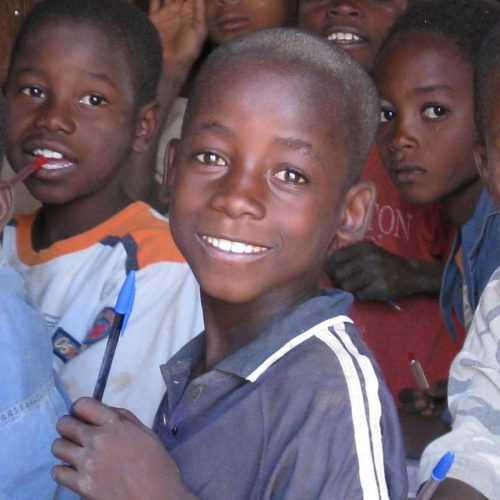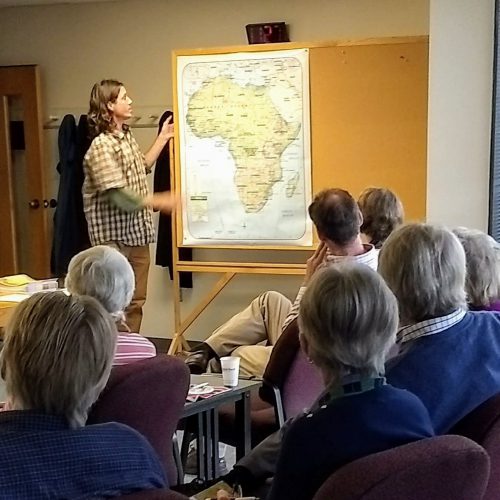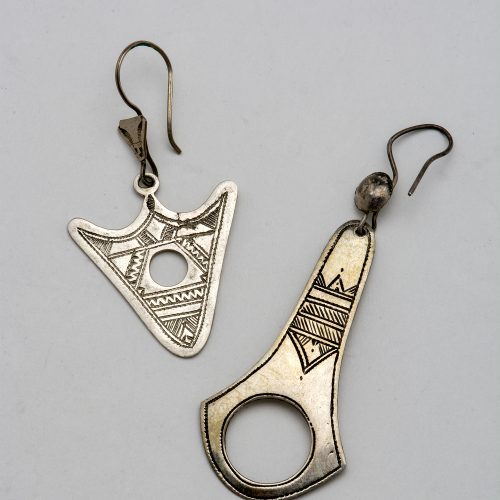Land-locked with 80% of the country covered by the Sahara Desert, Niger is one of the most vulnerable countries to the effects of climate change. With temperature increases expected to be 1.5 times higher than the rest of the world, Niger is faced with higher inter-and intra-annual variability in rainfall, resulting in more frequent and extreme droughts and floods. This significantly impacts Niger’s already fragile soil, crop production, and availability of potable water — exacerbating pre-existing issues in a country already prone to food crises.
2 Million Nigeriens are chronically food insecure and 64% of rural Nigeriens lack access to clean water. Waterborne illness is the second biggest killer of children in Niger.
Our Sustainable Agriculture Program and our Sustainable Water Management Program ensure communities have the infrastructure and skills to establish and maintain access to safe water and nutritious food and, in doing so, to support the development of sustainable livelihoods.
We seek for these resources to be stewarded responsibly for not only productivity but conservation and longevity of use.

